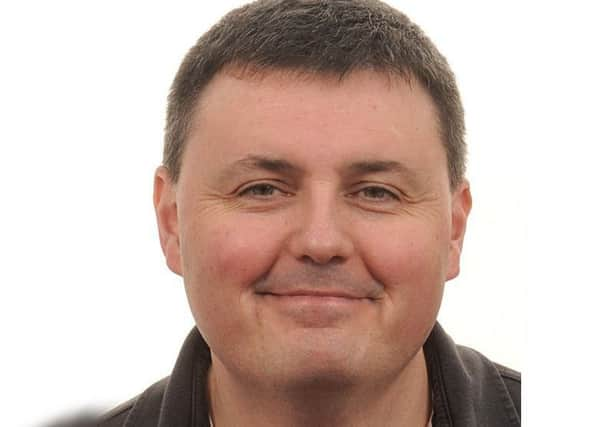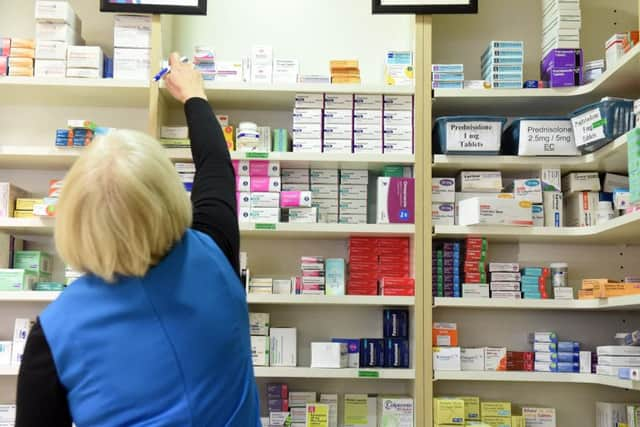It's not just doctors and dentists who can hand out drugs these days


Traditionally, only doctors or dentists could prescribe medicines, with dentists limited to prescribing only medicines relating to dentistry, such as antibiotics and painkillers.
The authority to prescribe medicines in the United Kingdom has, however, changed vastly over the last ten years or so and will continue to change in coming years. It is more and more likely that your prescription will be issued and signed by a non-medical prescriber. These non-medical prescribers are highly qualified professionals, other than doctors or dentists, who have undertaken specific training in prescribing and been registered as prescribers.
Advertisement
Hide AdAdvertisement
Hide AdThe aims of non-medical prescribing are to improve patient care without compromising patient safety, to increase patient access to medicines and make better use of the skills of highly trained health professionals.


In 1992, the first non-medical prescribers were certain nurses who were authorised to prescribe a very limited range of medicines, such as laxatives and dressing. A government review in 1999 recommended giving much wider prescribing authority to non-medical prescribers. This culminated in 2003’s introduction of supplementary prescribing by nurses and pharmacists which was extended in 2006 to independent prescribing. The range of health professionals who may now train as independent prescribers includes optometrists, physiotherapists, podiatrists and therapeutic radiographers.
The legal definition of independent prescribing is “prescribing by a practitioner responsible and accountable for the assessment of patients with undiagnosed or diagnosed conditions and for decisions about the clinical management required, including prescribing”. This means these individuals can prescribe the same range of medicines as doctors but must always prescribe within the boundaries of their competence. So physiotherapists will prescribe for musculoskeletal conditions and opticians for those related to the eye. Nurses and pharmacists are likely to prescribe for a wider range of acute and chronic conditions.
It is important to realise that these individuals are highly trained and qualified, having undertaken and successfully completed additional, advanced study in prescribing before being authorised to prescribe. The training is based on an approved course provided by a university and overseen by a doctor working alongside the non-medical prescriber. There are many types of assessment during the training and the doctor must believe the individual is competent to prescribe before being included in a register of non-medical prescribers. The single most important aspect of non-medical prescribing is that patient safety is paramount.
These developments in prescribing are based on years of research. A recent review of 46 studies of nurse or pharmacist prescribing across the world was published by authors from Australia and the School of Pharmacy and Life Sciences at Robert Gordon University. While there were some limitations of the studies reviewed, non-medical prescribers, practising with varying but high levels of autonomy, in a range of settings, were as effective and safe as usual care medical prescribers.


The Scottish Government is highly supportive of non-medical prescribers. For example, in 2013 “Prescription for Excellence: a Vision and Action Plan” was published by the Scottish Government. This states that by 2023, all pharmacists providing NHS care will be NHS accredited independent prescribers working in partnerships with doctors, who will continue to have overall responsibility for diagnosis. This ambitious plan will revolutionise how pharmacy is practised in Scotland. There is recognition in the strategy that there are significant changes occurring in healthcare and medicines which require innovative models of care to enable patients to obtain the maximum benefit.
So in future, when you are issued a prescription, don’t be concerned if it is not from a doctor; be assured that the individual is highly trained, competent and is providing high quality care.
Professor Derek Stewart is Professor of Pharmacy Practice in the School of Pharmacy and Life Sciences at Robert Gordon University, Aberdeen.